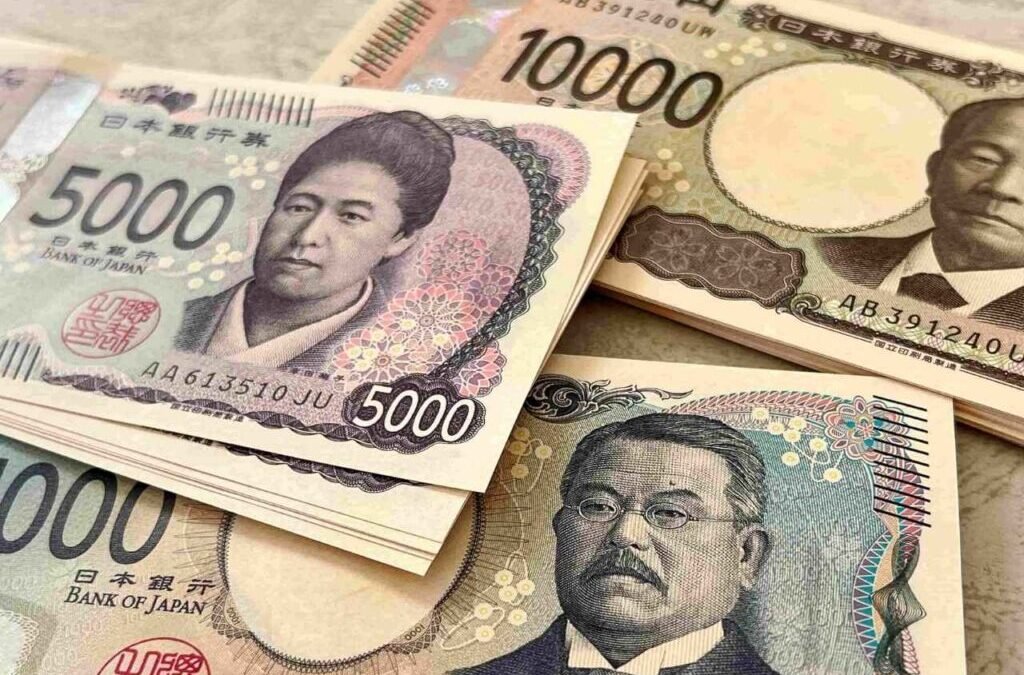Japan is in the middle of a major financial burden. The country’s long-term interest rates (bond yields) have risen rapidly to their highest levels ever; the 30-year bond is now around 3.40 percent, and the 10-year is near 1.83 percent, something not seen since 2008. Such a rapid increase in interest rates usually indicates that the bond market is nervous, and this anxiety often spreads to other markets worldwide.
What is the reason for that?
Japan is among the top three countries with the highest debt-to-GDP ratio, which is at a staggering 255 percent. Nevertheless, the government is planning to hike the spending and introduce several new stimulus packages. That causes investors to think that Japan is overburdened with debt and that it is risky to lend the country more money.
At the same time, the Bank of Japan, which has been keeping interest rates very low for a long time, is now gradually moving to raise them in order to control inflation. When the government increases spending and the central bank tightens the monetary policy at the same time, interest rates go up very quickly.
The Japanese yen is another big problem. The yen has lost a lot of its value against the dollar and the euro. A depreciated yen makes imported goods more expensive, which causes inflation to rise. Because of this, people expect the Bank of Japan to be forced to raise rates even higher, and this pushes bond yields to skyrocket. It is becoming a cycle that feeds itself.
So why should Indian investors be interested?
The reason is that Japan is a very influential player in the global financial markets. When there is a rise in interest rates in Japan, it has a ripple effect on interest rates and investor behaviour in other countries. Higher global interest rates make stocks look less attractive, particularly those that are dependent on long-term growth stories, for example, tech companies or sectors with high valuations in India.
Additionally, there is a thing called the “yen carry trade.” Investors looking for cheap financing borrow money in Japan, where interest rates are low and invest the money in countries like India, where the returns are attractive. If Japan raises its interest rates further or the yen strengthens suddenly, these investors may decide to withdraw their money from other markets very quickly. That can lead to a sudden increase in market volatility, selling pressure, or short-term market declines.
Good for India, our market is mostly backed by robust domestic investors and sound economic fundamentals. However, global shocks, resulting from a major economy like Japan, can still cause short-term uncertainties. The rise in Japanese interest rates could eventually increase borrowing costs worldwide, make foreign investors more cautious, and drag down sectors that are heavily dependent on global liquidity.
Key Things to Watch Out For
Watch the interest rates in Japan and the fluctuations of the yen. If you hold global funds, invest in tech-heavy themes (but be cautious of high tech valuation), or own assets that are sensitive to interest rate changes, you should expect some volatility. In India, the best thing to do is to remain diversified and not be overexposed to high-risk or long-duration assets.
In conclusion, India’s interest rate hike might have seemed far away, but it still can disrupt markets in various parts of the world. When the world’s biggest lenders and savers hit a rough patch, everyone, including your investments, will suffer the consequences.
Written by Satyajeet Mukherjee
Disclaimer

The views and investment tips expressed by investment experts/broking houses/rating agencies on tradebrains.in are their own, and not that of the website or its management. Investing in equities poses a risk of financial losses. Investors must therefore exercise due caution while investing or trading in stocks. Trade Brains Technologies Private Limited or the author are not liable for any losses caused as a result of the decision based on this article. Please consult your investment advisor before investing.
The post Japan’s interest rates soar to historic levels; Here’s how investors could be affected appeared first on Trade Brains.

